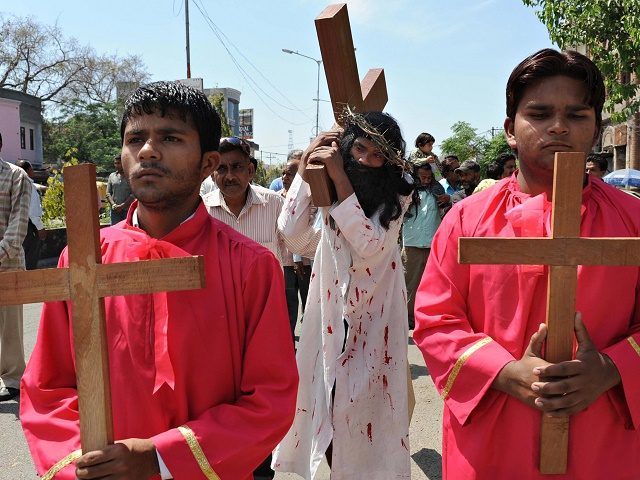A group of Christians living in the midst of an animist village in central India have been ostracized to the point of not being able to collect firewood or pasture their animals for refusing to renounce their faith.
Some 15 Christian families in the Indian state of Chhattisgarh have been excluded from the social life of their village because of their adherence to the Christian religion, considered anathema by the Gond tribal people who control the area and practice animism.
Mohan Netam, a leader of the Christians, says that the families incurred the wrath of the animists because “we refused to succumb to the village body’s pressure” to abandon Christianity to embrace the faith of the tribe.
Netam said that the Christians’ lives “have become miserable” after the village body “banned us from collecting fire wood or grazing our animals in the forest.”
The Christian families comprise some 60 people, a small minority of the 1,000 Gond tribal people in Barbattar village. According to reports, the phenomenon of ostracizing Christians is not limited to Barbattar, but is a common practice in a number of villages in the region.
Religious persecution, especially of Christians and other minorities, is nothing new in India.
According to the most recent report of the U.S. Commission on International Religious Freedom (USCIRF), during the year 2015, religious tolerance deteriorated and religious freedom violations increased in India, and religious minorities like Christians suffered “numerous incidents of intimidation, harassment, and violence,” largely at the hands of Hindu nationalist groups.
The situation has steadily worsened ever since the Bharatiya Janata Party (BJP), closely allied with Hindu nationalists, came to power in May, 2014. According to USCIRF, the party has tacitly supported these groups and “used religiously-divisive language to further inflame tensions.”
The rise of Hindu nationalism, along with longstanding problems of police bias, “have created a pervasive climate of impunity, where religious minority communities feel increasingly insecure, with no recourse when religiously-motivated crimes occur,” the report stated.
The situation of religious persecution in India has reached the point that USCIRF is now studying whether to designate it as a “country of particular concern,” or CPC, “systematic, ongoing, egregious violations of religious freedom.”
Follow Thomas D. Williams on Twitter Follow @tdwilliamsrome

COMMENTS
Please let us know if you're having issues with commenting.